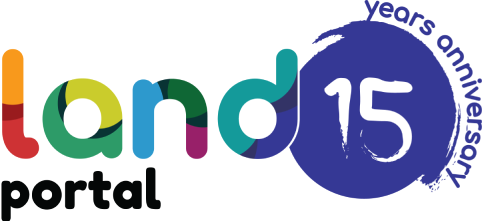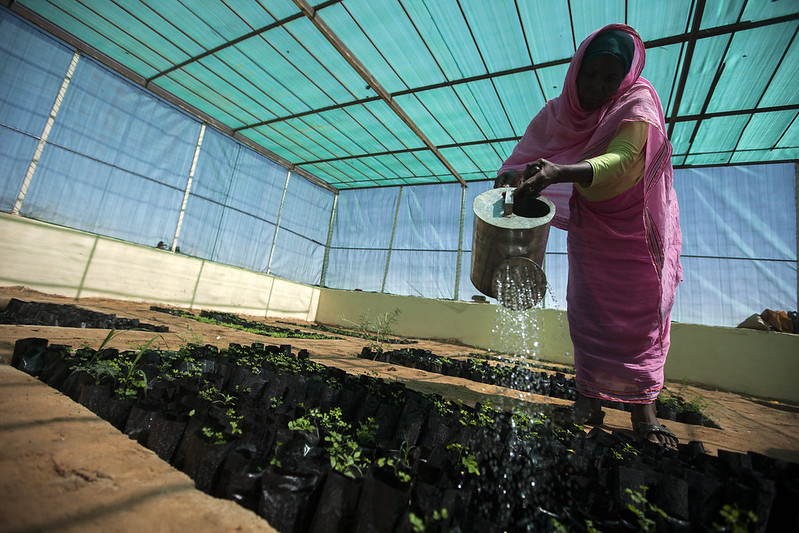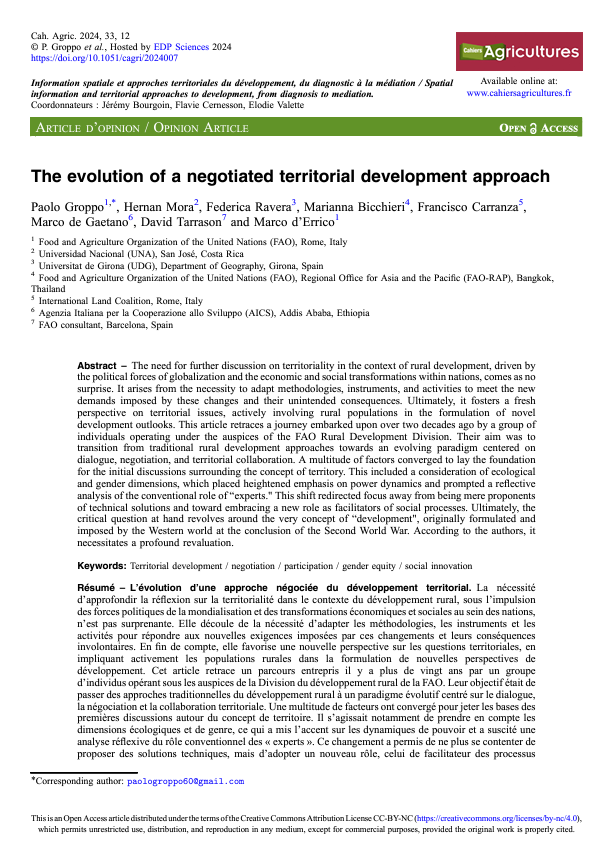Countries face severe local and global climate risks with grave social, economic, and environmental costs. Given a significant portion of global emissions are a result of agriculture, forestry, and other land-based investments, governments can mitigate climate risks by ensuring these investments contribute to, rather than undermine, national and global climate goals.
The need for further discussion on territoriality in the context of rural development, driven by the political forces of globalization and the economic and social transformations within nations, comes as no surprise. It arises from the necessity to adapt methodologies, instruments, and activities to meet the new demands imposed by these changes and their unintended consequences.
The goal of HER+ is to build the economic resilience of women to climate change challenges in agri-food systems (AFS) through gender equality and social inclusion. In February 2023, the HER+ team studied how gender norms constrain women’s economic resilience to climate change challenges among fisherfolk in Muleba district of Kagera region in Tanzania.
Key messages:
• Seven agriculture and agrifood value chain innovations are found to improve employment and income opportunities in the agrifood value chains.
This article provides a description of baseline survey data that was collected in Senegal in the regions of Sedhiou and Tambacounda in 2020, respectively, and as part of an agricultural development project aimed at improving the well-being and resilience of farming households.
High-resolution mapping of rice fields is crucial for understanding and managing rice cultivation in countries like Bangladesh, particularly in the face of climate change. Rice is a vital crop, cultivated in small scale farms that contributes significantly to the economy and food security in Bangladesh.
Theoretically, the world produces enough food to nourish the growing world population. Although precise data remains scarce, according to most recent studies, globally each year possibly as much as 30 per cent of the food produced is being lost or wasted somewhere between farm and fork.
Central Asia is highly vulnerable to climate change threats, which have negatively impacted both humans and wildlife. Tajikistan, one of the least urbanized countries in the region, is prone to natural disasters, disruptions in rainfall, growing temperatures, reductions in glacial cover, and extreme weather events (Zoï Environment Network 2020; Green Climate Fund [GCF] 2020).
Central Asia is highly vulnerable to climate change threats, which have negatively impacted both humans and wildlife. Tajikistan, one of the least urbanized countries in the region, is prone to natural disasters, disruptions in rainfall, growing temperatures, reductions in glacial cover, and extreme weather events (Zoï Environment Network 2020; Green Climate Fund [GCF] 2020).




